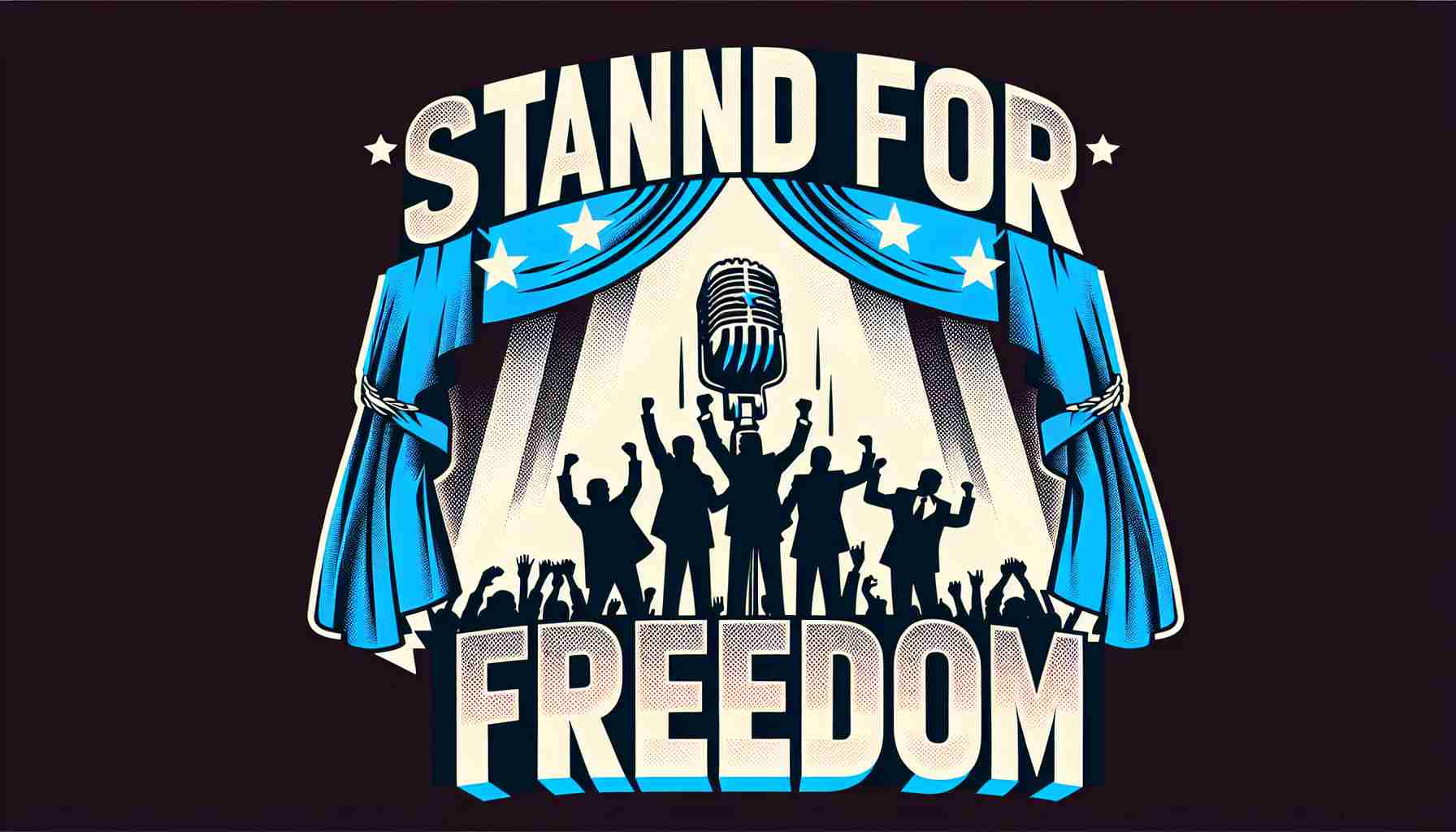In a recent statement, Müsavat Dervişoğlu, a notable figure in the political landscape, expressed a fiery commitment to confronting various forms of corruption and deceit that plague society. He emphasized a resolute stance against the manipulations within the justice system, politics, and media, highlighting the urgent need to bring these underlying issues to light.
Dervişoğlu proclaimed his determination to resist oppression and tyranny, asserting that their influence will not easily fade away. He passionately defended the principles of freedom, insisting that the fight against despotism is vital for the future. His call to action resonates strongly with those who yearn for authentic liberty and a departure from corruption.
Furthermore, he emphasized that their resolve cannot be diminished, regardless of attempts to stifle their voices or actions. With a fiery spirit, he encouraged unity in the face of adversity, urging individuals to rally against the current oppressive regime. The message is clear: the pursuit of justice and freedom must be relentless.
Dervişoğlu’s statements serve as a rallying cry for like-minded individuals, igniting a fervor for positive change. As citizens grapple with the challenges of systemic manipulation, leaders like Dervişoğlu inspire hope and resilience in the ongoing struggle for a more just society.
The Broader Implications of Dervişoğlu’s Call to Action
The sentiments expressed by Müsavat Dervişoğlu resonate far beyond the individual struggle against corruption; they strike at the core of democratic integrity and societal accountability. The entrenchment of corruption within justice, politics, and media not only erodes public trust but also stifles the very essence of free expression and civic engagement. As nations grapple with these issues, the implications extend into the cultural fabric of societies, influencing everything from art and literature to grassroots activism.
On a global scale, Dervişoğlu’s ardent pursuit of justice reflects a rising tide of populism and demand for political reform seen in many countries. Studies show that over 60% of people in emerging democracies report a profound dissatisfaction with political systems viewed as corrupt. This discontent fuels engagement in social movements, driving collaborations across borders and igniting an urgent demand for accountability and transparency.
Moreover, the environmental aspects cannot be overlooked. Corruption often leads to exploitative practices that disregard ecological safeguards. As communities rise against tyranny, they must also advocate for sustainable practices that are essential in combating climate change. The convergence of these struggles presents an opportunity for holistic approaches to governance—where social justice and environmental stewardship become intertwined.
In the long term, movements inspired by figures like Dervişoğlu may prove pivotal in shaping a future marked by greater political transparency and social equity. As citizens unite against oppression, the potential to create more resilient and equitable societies grows, underscoring the timeless necessity of standing firm against tyranny and advocating for systemic change.
Igniting Change: A Call to Action Against Corruption
Confronting Corruption and Oppression: Insights from Müsavat Dervişoğlu
Müsavat Dervişoğlu, a prominent political figure, has taken a bold stance against the pervasive issues of corruption and deceit in society. His recent statements highlight a firm commitment to addressing the manipulations that exist within the justice system, politics, and media. As he calls for transparency and accountability, his message resonates with those who are determined to pursue justice and freedom.
Key Features of Dervişoğlu’s Movement
– Commitment to Justice: Dervişoğlu emphasizes the importance of confronting systemic issues that undermine democratic values. His advocacy for justice reflects a growing concern about the integrity of political and judicial systems.
– Fight Against Despotism: His statements underscore the necessity of opposing tyrannical forces that threaten individual freedoms. By championing the principles of liberty, he provides a clarion call for action against oppressive regimes.
– Unity in Resistance: Dervişoğlu encourages collective action among citizens, urging them to come together in the face of adversity. This call for solidarity is crucial in building a united front against corruption.
Pros and Cons of Political Activism
Pros:
– Empowerment: Activism fosters a sense of agency among individuals, motivating them to demand change.
– Awareness: It raises awareness about critical social and political issues, prompting public discourse.
– Social Cohesion: Mobilizing communities can lead to stronger networks and support systems.
Cons:
– Risks of Repression: Activists often face pushback from established authorities, which can lead to intimidation or violence.
– Polarization: Strong political movements can divide societies if not handled with care.
Insights on Systemic Corruption
Corruption is a multifaceted issue that affects governance, economic stability, and social trust. Dervişoğlu’s fight against it highlights several core insights:
– Impact on Society: Corruption erodes public trust in government and institutions, leading to increased apathy and disillusionment among citizens.
– Call for Reform: There’s an urgent need for reform within institutions to ensure accountability and transparency.
Strategies for Engaging in Political Activism
1. Educate Yourself and Others: Understanding the intricacies of political systems and the nature of corruption is crucial for effective advocacy.
2. Use Social Media for Awareness: Platforms can amplify voices and engage a wider audience in discussions about justice and freedom.
3. Participate in Local Movements: Joining or forming local groups can provide support and resources for collective efforts against corruption.
Conclusion: A Vision for the Future
As Müsavat Dervişoğlu calls for a united front against oppression and corruption, his impassioned plea ignites hope for those striving for a more equitable society. His leadership exemplifies the spirit of resilience needed to confront systemic injustices. The ongoing struggle for justice and freedom requires relentless determination and the courage to stand against tyranny.
For more insights into political movements and activism, visit Political Insight.
